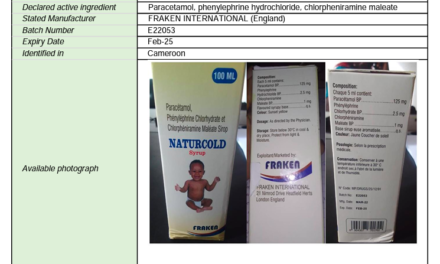New research suggests that a gut microbial metabolite, 2-methylbutyrylcarnitine (2MBC), may play a pivotal role in exacerbating thrombosis, or blood clot formation, in Covid-19 patients. The study, led by Chinese researchers and published in the journal Cell Metabolism, sheds light on a potential mechanism underlying the increased risk of blood clots observed in some individuals with Covid-19.
Dr. Sifan Chen from Sun Yat-Sen University in China, one of the study’s authors, explains, “Our study provides mechanistic insight by implicating 2MBC as a metabolite that links gut microbiota dysbiosis to elevated thrombotic risk.”
Thrombosis poses a significant health threat, often leading to major adverse cardiovascular events such as heart attacks and strokes. While conditions like Covid-19 and metabolic disorders have been associated with a heightened risk of blood clots, the precise mechanisms driving this phenomenon have remained elusive.
Previous research has highlighted a connection between gut microbiota dysbiosis—the imbalance of gut bacteria—and an increased risk of thrombosis. Gut microbiota-derived metabolites have been shown to influence platelet activity and cardiovascular health.
In their study, researchers conducted multi-metabolomic analyses and identified 2MBC as a crucial metabolite contributing to heightened thrombotic risk. This metabolite, belonging to the short branched chain acylcarnitines class, has been linked to various metabolic disorders, including obesity, diabetes, and hypertension.
Examining samples from Covid-19 patients, healthy individuals, and hospitalized patients without Covid-19, the researchers found elevated levels of 2MBC in those with Covid-19 and major adverse cardiovascular events. Importantly, even after Covid-19 clearance, the levels of 2MBC remained elevated in patients with the virus.
Further experiments in mice revealed that 2MBC promoted platelet hyperreactivity and thrombus formation. Interestingly, the suppression of gut microbiota through antibiotic treatment significantly reduced plasma 2MBC levels and mitigated the heightened thrombotic tendency associated with SARS-CoV-2 infection.
Dr. Chen emphasizes the significance of these findings, stating, “Our findings revealed a new biological function of 2MBC as a signaling molecule and unveiled a potential mechanism contributing to the increased thrombotic incidence in Covid-19.”
These findings not only provide insight into the heightened thrombotic risk observed in Covid-19 patients but also suggest a potential link between gut microbial metabolites and thrombosis in metabolic disorders. Understanding these mechanisms could pave the way for targeted interventions to reduce thrombotic complications in vulnerable populations.











